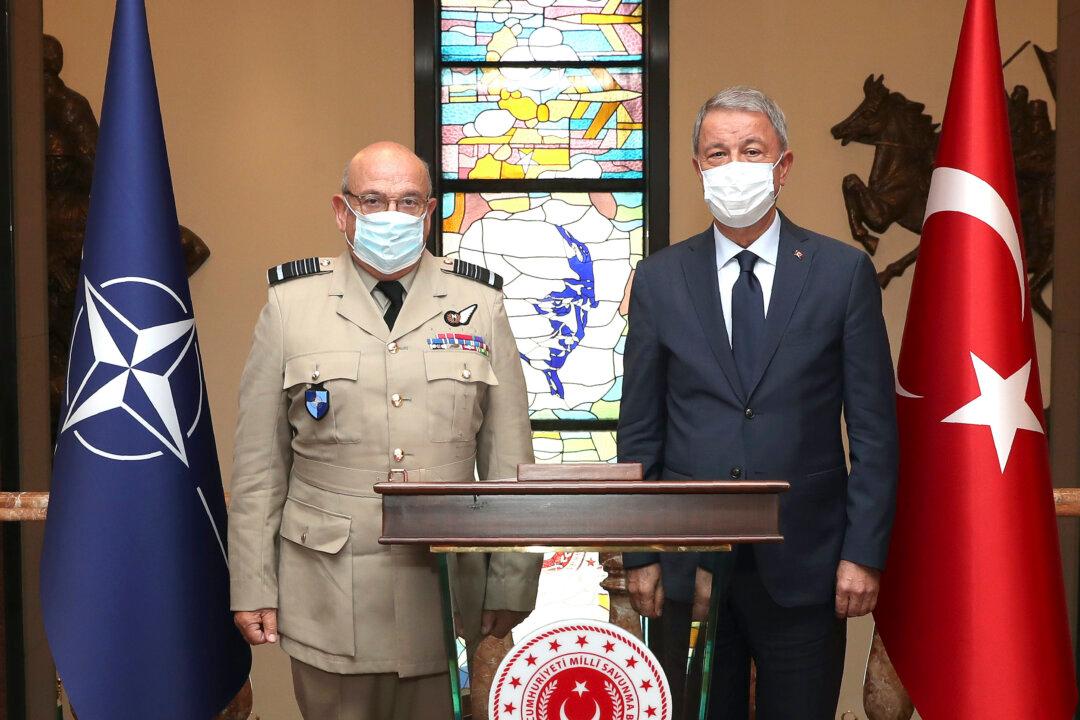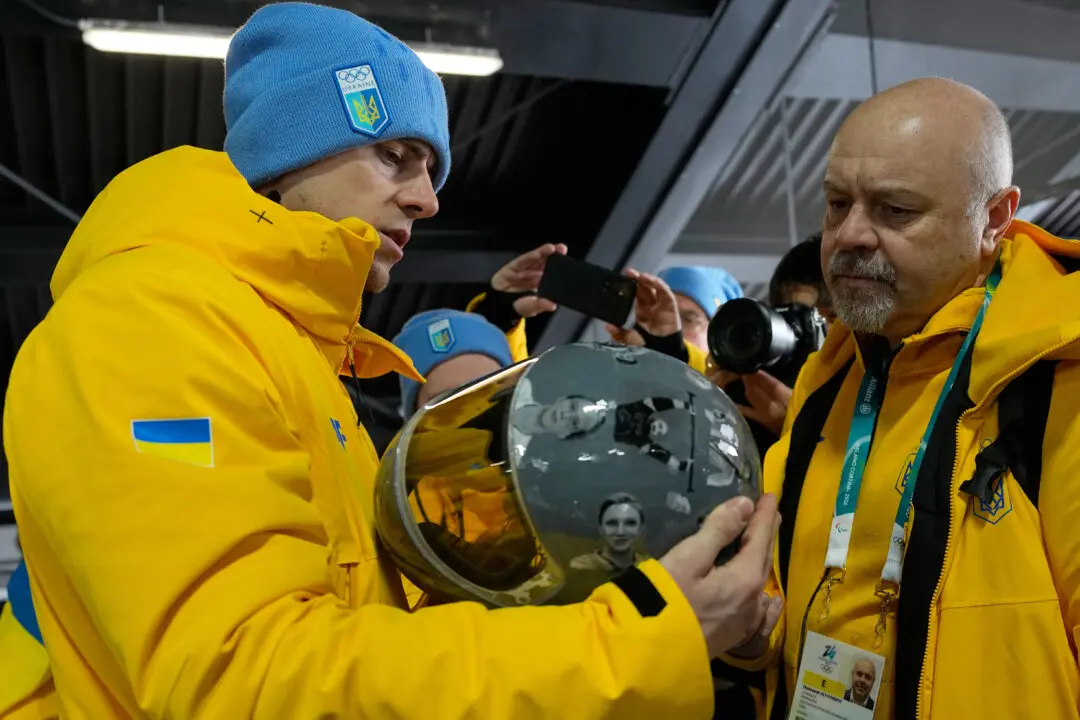ATHENS—Greece will be bolstering its military with new armament programs, a boost to military personnel and the development of the country’s defense industry, the government spokesman said Monday, as a tense stand-off with neighboring Turkey has led to concerns of open conflict between the two NATO allies.
Ankara is currently facing off against Greece and Cyprus over oil and gas exploration rights in the eastern Mediterranean. Greece and Turkey have deployed naval and air forces to assert their competing claims in the region.





